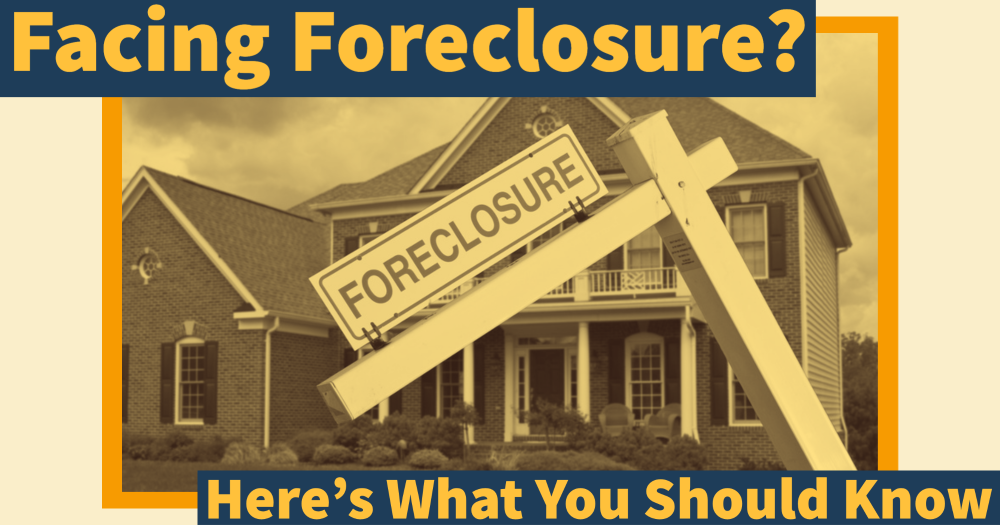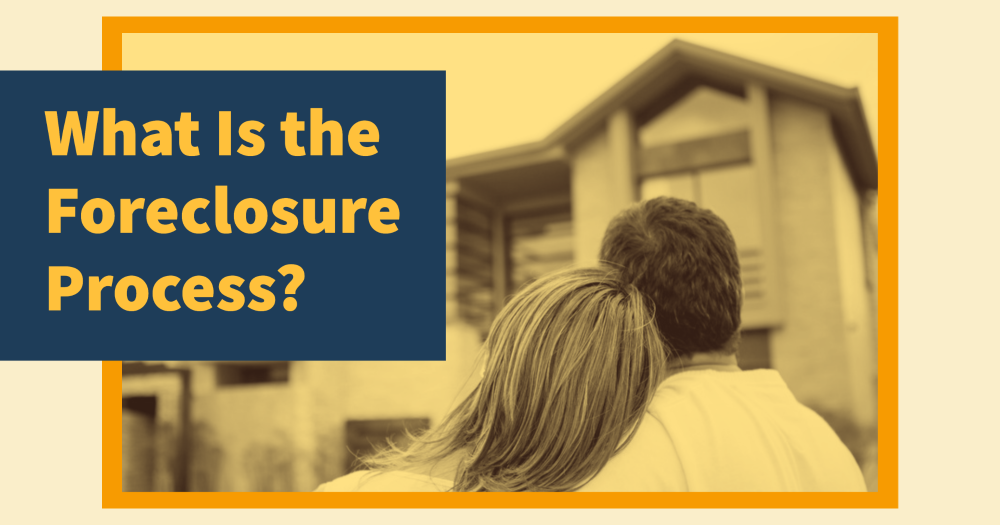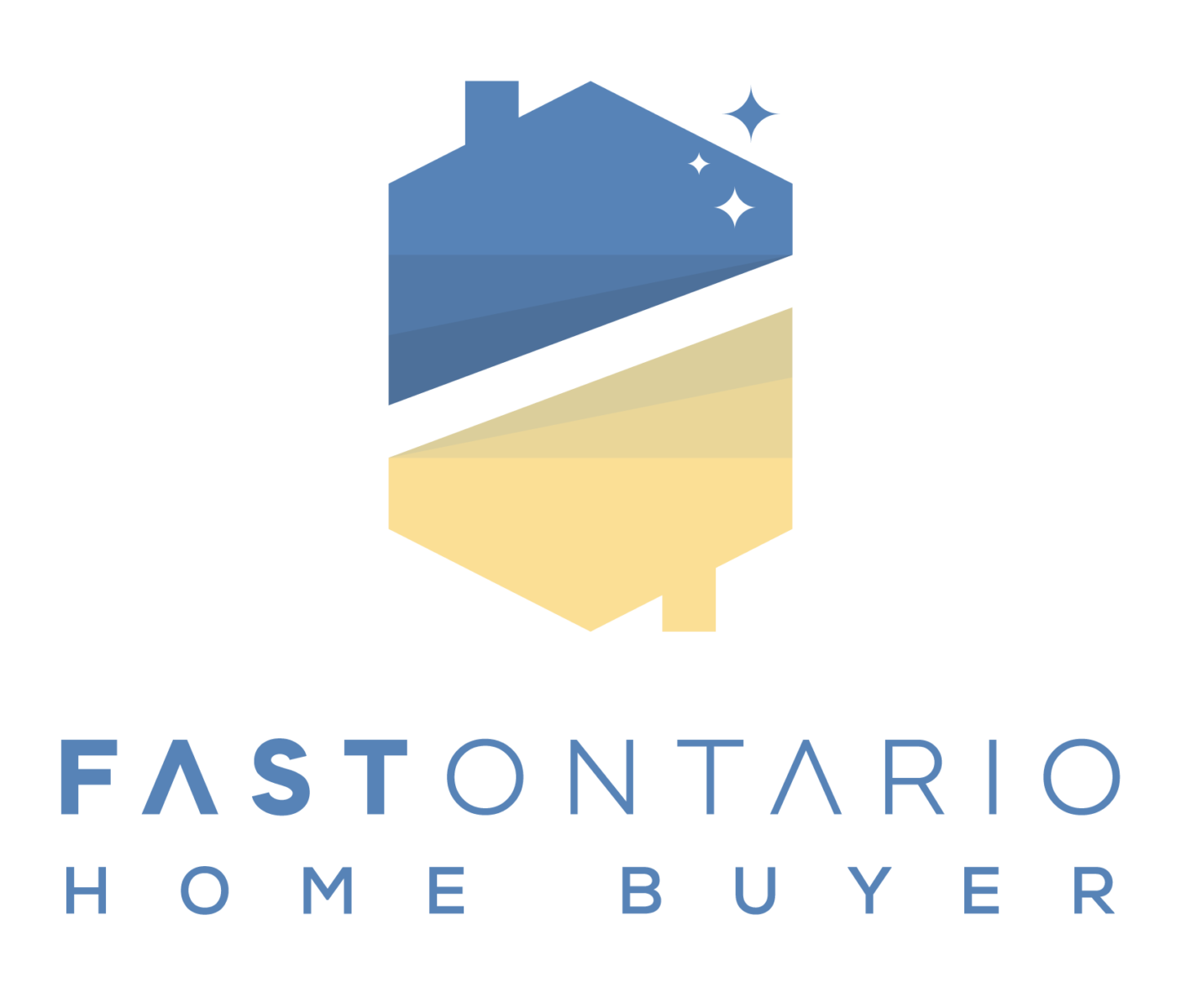
Owning a home is considered by many to be a rite of passage. But the unfortunate reality is that homeownership can represent a major financial burden. Whether you’ve recently lost your job, are going through a divorce, or have recently incurred significant medical debts, you may find that you can no longer stay current on your mortgage payments.
It’s a more common scenario than you might think. In fact, the Bank of Canada has predicted that the number of mortgages in arrears (meaning those that are behind in payments and owe money to lenders) is expected to triple thanks, in large part, to the pandemic.
Not surprisingly, thousands of homeowners are having difficulty keeping up with their bills. And when you fall behind on your mortgage payments, you may find yourself facing foreclosure. But what should you know about this process? And is there a way to stop it? Let’s discuss below.
What Is the Foreclosure Process?

Foreclosure refers to the legal process of a lender taking ownership of a property from a borrower who fails to make their payments. In Canada, a lender could technically begin the foreclosure process after a single missed payment. However, it’s unlikely that this would happen, as it’s usually in the lender’s best interests to find a way to work with the borrower in order to recoup expenses.
After all, foreclosure filings require a lot of time and effort. It makes sense that both lenders and borrowers would want to come to a compromise if at all possible. This is why it’s so important to communicate with your lender if you’re facing financial difficulties. More often than not, they’ll be motivated to work with you to come up with a solution that allows you to remain in your home and make some kind of payments toward your mortgage.
However, that doesn’t necessarily mean that you’re in the clear. It’s also worth noting that some provinces allow lenders to bypass the formal foreclosure process in favor of a Power of Sale. In this scenario, a lender can take possession of a home and sell it off in a few weeks’ time. A Power of Sale requires a lot less time to complete and is therefore much more attractive to the lender. While this process won’t occur without warning, it does illustrate how essential it is to communicate with your lender; if you’re hoping to remain in your home, you’ll want to avoid this option.
Some provinces, however, do require lenders to pursue the judicial foreclosure process. And if your lender is unwilling to negotiate or you’re unable to pay anything toward your debts, your lender may proceed with the foreclosure process after two or three months of missed payments.
Your lender will begin by filing a Statement of Claim with the court. You will also be served with a copy of this document and will be given 20 days to file your reply with the court and to the lender. Your reply can be either a Statement of Defense or a Demand for Notice. If you don’t reply at all, you’ll be officially cited as being “in default” of the court. This means it’s assumed that you’ve chosen not to fight the foreclosure process, which means you won’t be informed of court proceedings or given additional opportunities to defend yourself against foreclosure.
Whether or not you reply, the lender will then file statements with the court and ask the court to help them recoup their investment from you. Unless the court finds that your lender had no legal reason to foreclose, the court will issue what’s called a Redemption Order. This order will allow you around six months (with a possibility of an extension or reduction) to either become current on your mortgage or pay it off entirely. You can stop your foreclosure if you can raise the funds required. But if the Court has reason to believe that there’s no way you will be able to pay, they may skip this step and issue an Order for Sale or Order for Foreclosure. This is what would happen if you’re unable to make payments during the redemption period, as well. Once this final order is issued, the property would either be transferred to the lender or would be put up for sale by the court. After the property is sold by the lender or by the court, you’d be given 30 days to leave the home.
What Should You Do If You’re Facing Foreclosure?
The reality is that most homeowners who face foreclosure won’t be in a position to make a lump sum payment that will eliminate all their debts. If you’re unable to work out more forgiving terms with your lender, you may discover that selling your home is better than enduring the tedious and traumatic foreclosure process.
Working with a cash home buyer, for example, can allow you to sell your home quickly and receive the funds you need to make a fresh start. You’ll have total control over this process and will be freed of the stress resulting from late mortgage payments and impending foreclosure. While this option won’t allow you to stay in your current home, it can provide you with a much better opportunity to move forward.
